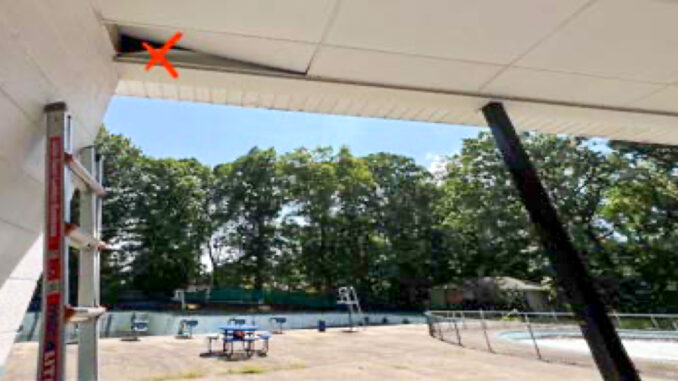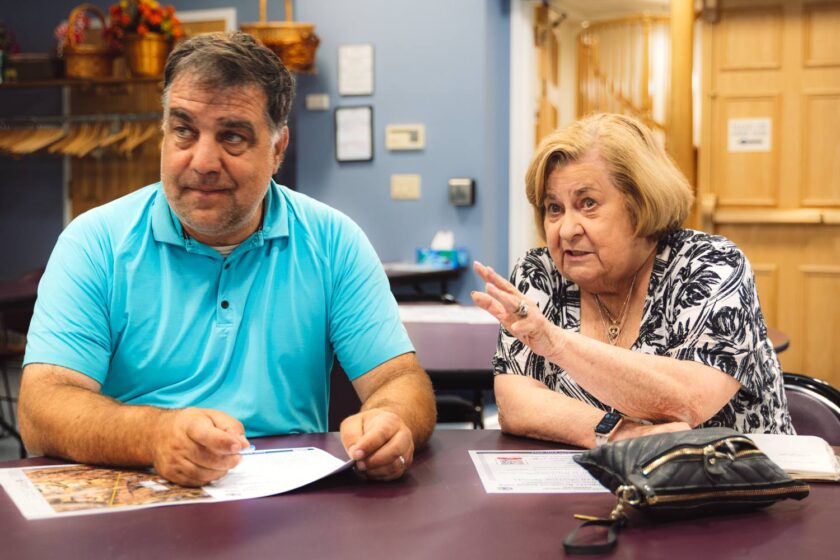
TOWNSHIP OF WASHINGTON, N.J.—Council President Michael DeSena raised questions about the liability of an environmental consultant who evidently failed to detect PCBs and other toxic chemicals on the swim club property prior to the township purchase in April 2022.
Mayor Peter Calamari told the council president that the administration would look into the matter before the next regular meeting on June 2.
DeSena told council that “a lot of residents” had expressed concern to him that a previous environmental consultant that conducted two environmental investigations of the swim club during “due diligence” before its purchase did not find PCBs during the prior studies.
For an update on studies, see “At swim club site, township waits for answers as contamination testing expands” by Michael Olohan, May 15, 2025.
He wondered what type of recourse the township might have, and if the prior environmental consultant — Lisko Environmental LLC of Belmar — might be liable for future remediation costs. DeSena did not specifically name the consultant, who has conducted much prior environmental work for the township.
Administrator Mark DiCarlo said that “there wasn’t an expectation” to find specific hazards (such as PCBs) in either a Phase I or Phase II study.
He said a Phase II study was a “minimum historical soil check” and a Phase I study was “very minimal.” He said he would have to look back at his notes to confirm those assessments.
A second round of soil testing was recently conducted by Boswell Engineering at the former swim club to determine the extent of soil contamination there, part of a $78,000 contract with Boswell for follow-up testing.

DeSena said residents’ questions focused on who was liable for paying for cleanup, after prior studies did not find the PCBs on site. He compared the situation to a home inspector not finding an underground oil tank and then being held responsible.
“We did a full Phase I and a full Phase II, and here we are with all these PCBs,” DeSena said.
He asked township attorney Siobhan Spillane Bailey to prepare a summary of what options might be. However, Bailey informed him that she had represented the property seller and that the council would have to hire an outside counsel to conduct such a study.
Calamari said the issue would be discussed before the next regular meeting. DeSena added, “I think we owe the residents at least a brief description” of who might be liable to help pay for swim club property remediation, he said. Previously, administration officials said they hoped to recoup remediation cleanup costs via state and federal grants.
For more on the $78,000 study, see “Township wades into cleanup costs at swim club site,” by Michael Olohan, Nov. 16, 2024.
